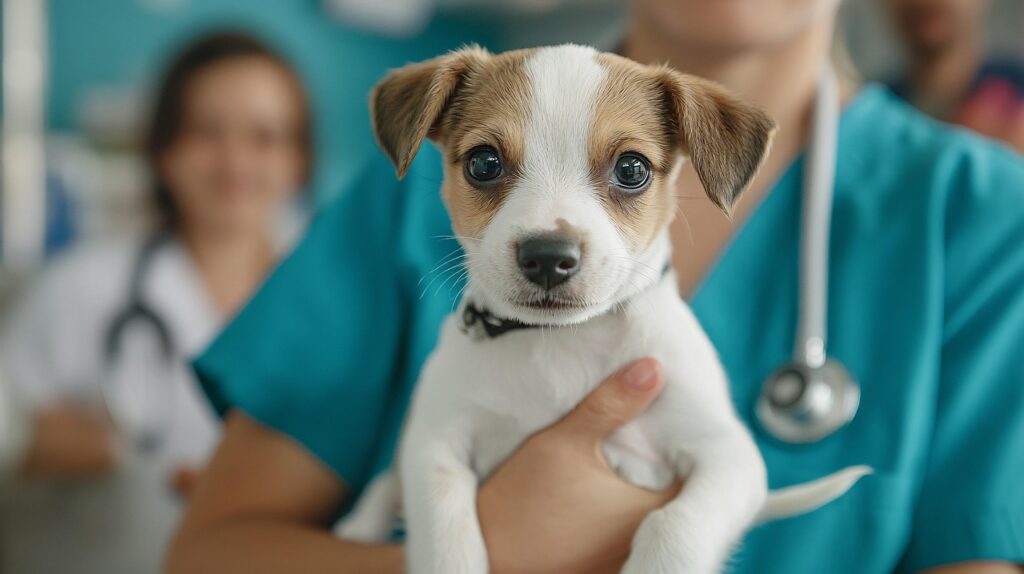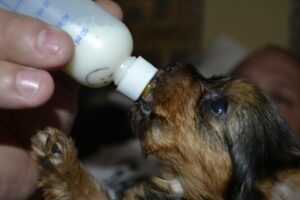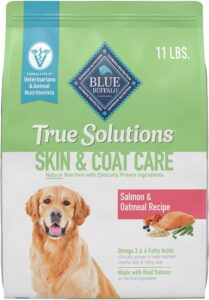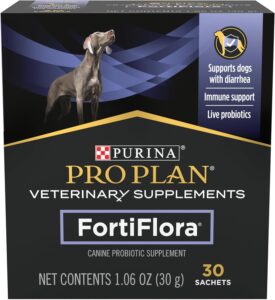
Welcoming a new puppy into your home is an exciting and joyful experience. However, alongside all the cuddles and play, there are important responsibilities to ensure your puppy’s health and well-being. One of the most crucial steps is the first visit to the veterinarian. This initial appointment sets the stage for your puppy’s health care journey. This guide will walk you through everything you need to know to prepare for the visit, what to expect during the appointment, and how to follow up afterward.
Preparing for the Vet Visit
Researching and Choosing the Right Veterinarian
Before scheduling your puppy’s first vet visit, it’s essential to find a veterinarian you trust. Look for a clinic that has experience with puppies and a good reputation in your community. Ask for recommendations from friends, family, or your puppy’s breeder or rescue organization. Check online reviews, and consider visiting the clinic in advance to meet the staff and see the facilities.
Gathering Necessary Documentation
When you bring your puppy to the vet, it’s important to have any documentation related to their health history. This includes records of vaccinations, deworming, and any medical treatments they have already received. If your puppy came from a breeder, they might have provided a health certificate. Having this information on hand will help the vet understand your puppy’s background and needs.
Preparing Your Puppy
To make the visit less stressful for your puppy, spend some time getting them accustomed to being handled. Practice gently examining their ears, paws, and mouth, and reward them with treats and praise. This will help your puppy become more comfortable with the vet’s examination. Additionally, make sure your puppy is securely transported in a pet carrier or on a leash for their safety.
What to Expect During the First Vet Visit
Comprehensive Physical Examination
During the initial vet visit, the veterinarian will conduct a thorough physical examination. This includes checking your puppy’s weight, temperature, heart rate, and respiratory rate. They will also examine your puppy’s eyes, ears, mouth, skin, and coat to identify any potential health issues. This examination provides a baseline for your puppy’s health and helps the vet detect any early signs of problems.
Vaccinations and Preventive Care
Vaccinations are a critical component of your puppy’s health plan. During the first visit, the vet will discuss the appropriate vaccination schedule based on your puppy’s age and health status. Common vaccinations include those for distemper, parvovirus, adenovirus, and rabies. The vet will also discuss preventive care measures, such as flea and tick prevention, heartworm prevention, and deworming.
Nutritional Advice and Feeding Guidelines
Proper nutrition is vital for your puppy’s growth and development. The veterinarian will provide guidance on feeding schedules, portion sizes, and the type of food suitable for your puppy’s breed and size. They may also discuss the benefits of high-quality commercial puppy food versus homemade diets and advise on treats and supplements.
Discussion on Behavior and Training
The first vet visit is an excellent opportunity to discuss any behavioral concerns you may have. The vet can provide insights into common puppy behaviors, such as chewing, biting, and house training. They may recommend training classes or resources to help you raise a well-behaved and socialized puppy.
Addressing Common Health Concerns
Parasite Prevention and Control
Puppies are particularly susceptible to parasites such as fleas, ticks, and worms. The vet will check for signs of infestation and recommend appropriate treatments. Preventive measures are crucial, as untreated parasites can lead to serious health issues.
Signs of Illness to Watch For
During the visit, the vet will educate you on signs of common illnesses in puppies. Recognizing symptoms such as vomiting, diarrhea, coughing, lethargy, or loss of appetite early can lead to more effective treatment. Don’t hesitate to contact your vet if you notice any concerning changes in your puppy’s health.
Building a Long-Term Health Plan
Scheduling Follow-Up Visits
Regular veterinary check-ups are essential to monitor your puppy’s growth and health. The vet will provide a schedule for follow-up visits, vaccinations, and booster shots. These visits are also an opportunity to address any new concerns or questions you may have.
Establishing a Vaccine and Wellness Schedule
A well-structured vaccination and wellness schedule is crucial for preventing diseases. Your vet will create a personalized plan based on your puppy’s needs. Keeping track of this schedule ensures your puppy remains protected against common illnesses.
Pet Insurance Considerations
Consider investing in pet insurance to help manage the costs of veterinary care. Discuss with your vet the different insurance plans available and which one might be best suited for your puppy. Insurance can provide peace of mind in case of emergencies or unexpected health issues.
Conclusion
Your puppy’s first vet visit is a significant milestone in their life, laying the foundation for a healthy future. By preparing adequately, understanding what to expect, and following up on the vet’s recommendations, you’re taking essential steps to ensure your puppy’s well-being. Remember, regular veterinary care, combined with love and attention at home, will help your puppy grow into a happy and healthy adult dog. Enjoy this wonderful journey with your new furry family member!
#ChatGPT assisted in the creation of this article.















